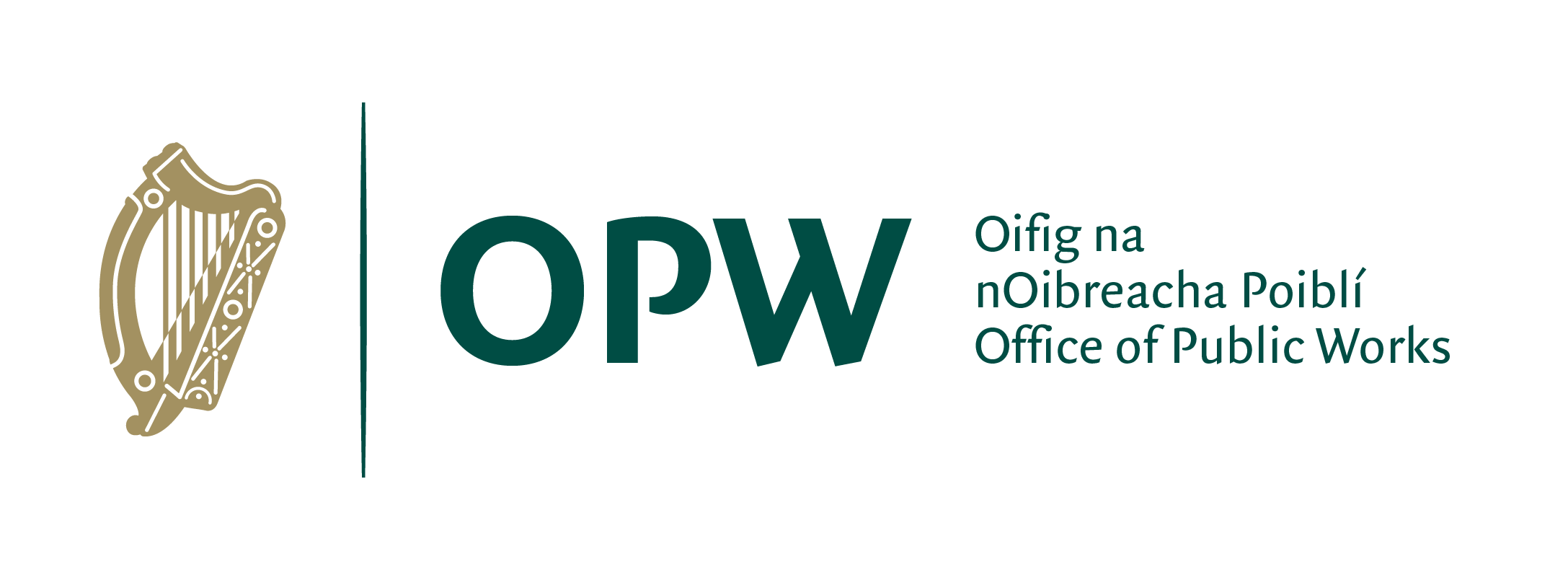Young James Butler was born on the 19th of October 1610, in England, with his parents being Thomas and Elizabeth Butler. His father drowned off Skerries in 1619, when James was just nine years old, which made him the viscount Thurles. His mother took him back to Ireland where his grandfather made him go to a catholic school. Despite his mother and grandfather wanting him to be raised Catholic, James was placed into the king’s care by Sir William Parsons, and raised protestant. This was done to comply with James I’s policy of furthering the reformation in Ireland, by ensuring that noble heirs were raised in the Protestant religion.
In 1629, he married his cousin Elizabeth Preston who was daughter of Elizabeth Butler and Richard Preston, the Earl of Desmond. Over the years, they had eight sons and two daughters, but only five of them survived to adulthood. The couple went to live at Carrick-on-suir, county Tipperary, and in 1633, James succeeded to his Earlship, becoming the twelfth earl of Ormond, making Elizabeth a countess.
Over the next decade, James butler became the leading loyalist in Ireland. The family was living in Carrick-on-suir when rebellion broke out against the loyalists in 1641. Ormond resumed his post of lieutenant general of his forces and Elizabeth and their children moved to Kilkenny castle. Even though such a large amount of Ormond’s family, friends and tenants joined the Irish confederacy and rebelled, Ormond himself stayed loyal to the crown. During this civil war, king Charles I made James Butler the Marquis of Ormond, as a public display of his good opinion.
Then came the Cromwellian crisis, and Cromwell and the parliament arrived at Ireland in 1649. Ormond attempted to fight them with the unified forced of the Irish confederates and loyalists, fighting against one common evil. Despite their best efforts, their fighting was futile and Cromwell defeated the loyalist strongholds one by one.
In 1650, because of Cromwell’s invasion, Ormond fled to Europe. He continued to stay loyal to the monarchy and went into exile for ten years with future king, Charles II. Here in exile, Ormond became one of Charles II most trusted advisors. Once the monarchy was restored in 1660, due to Cromwell’s death two years prior, Butler was appointed the Duke of Ormond by Charles II, one of the highest titles you can obtain without having any royal blood.
In 1669, Butler was made Lord Lieutenant of Ireland and Chancellor of Dublin and Oxford University. He died in 1688 at his residence in Kingston Lacy, Dorset.
Millie Bannon / Milly Power



